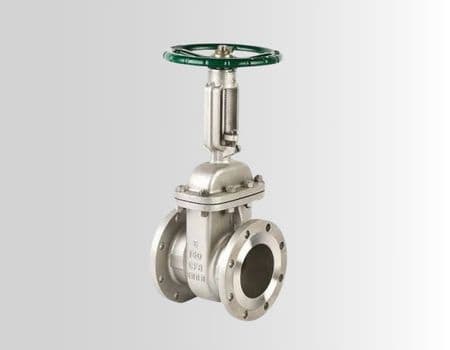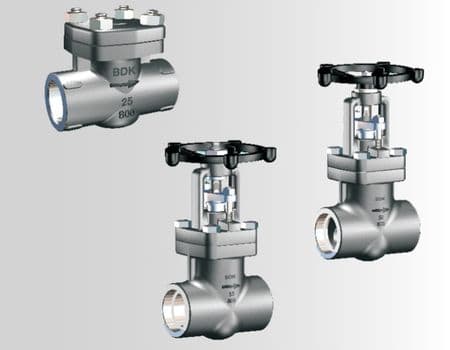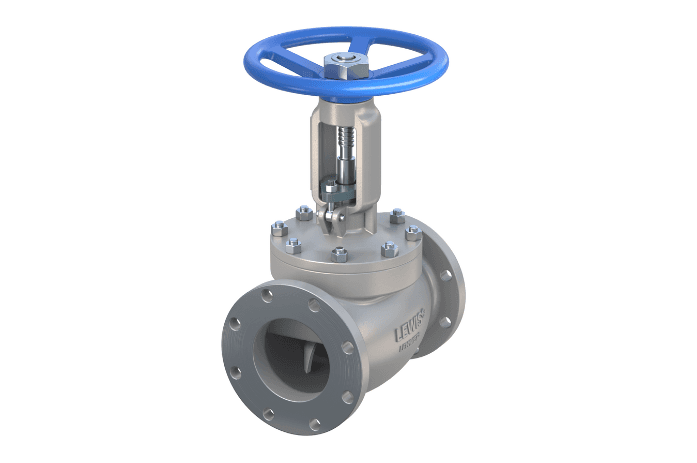| Size range | 4 2, 1/2" 36" |
|---|---|
| Pressure Rating | Ansi Class 150, 300, 600, 900, 1500, 2500 / Pn 10, Pn 16, Pn 25, Pn 40, Pn 63, Pn 100 |
| Trim Material | Stainless Steel, Hastelloy, Inconel |
Valves Manufacturer in India
Arvind Pipes is one of the largest Valves Manufacturer in India, Valves are essential mechanical devices used to control the flow and pressure of liquids, gases, or slurries within a system. They work by opening, closing, or partially obstructing passageways, allowing for precise regulation of flow. Valves are used across a wide range of industries, including water treatment, oil and gas, chemical processing, HVAC, and manufacturing. They come in various designs such as gate valves, ball valves, globe valves, butterfly valves, and check valves—each tailored for specific functions and flow requirements.
As a trusted Valves Supplier in India, the materials used for valve construction range from stainless steel and brass to PVC and cast iron, ensuring compatibility with different substances and conditions. Modern valves may also feature automation capabilities, such as pneumatic or electric actuators, allowing for remote or automated control in complex systems. Their reliability and versatility make valves a fundamental component in maintaining safety, efficiency, and operational control in industrial systems.
Type of Sub-products

Gate Valve Gate Valve
Gate valves operate by lifting a gate out of the path of the fluid, offering minimal pressure drop when fully open. They are best suited for on/off control and are commonly used in water, oil, and gas systems. Due to their slow operation, they are not ideal for flow regulation.

Globe Valve Globe Valve
Globe valves are designed for throttling flow, using a linear motion disk to control fluid passage. They provide excellent flow regulation and shutoff capabilities, making them ideal for applications requiring precise control. Their distinctive spherical body shape helps reduce leakage and improve sealing.
